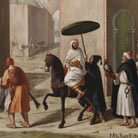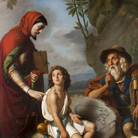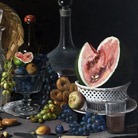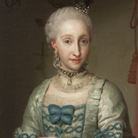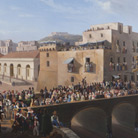Quadreria
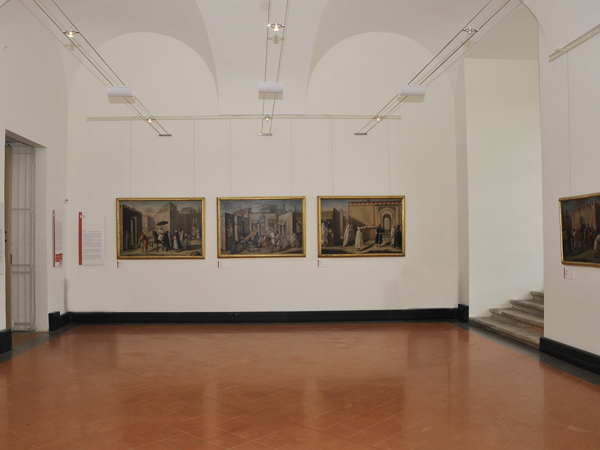
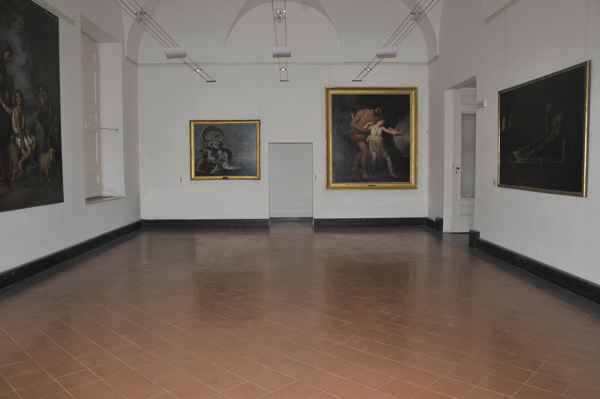
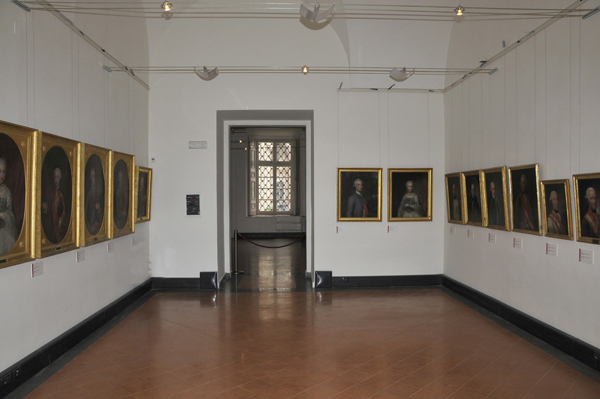
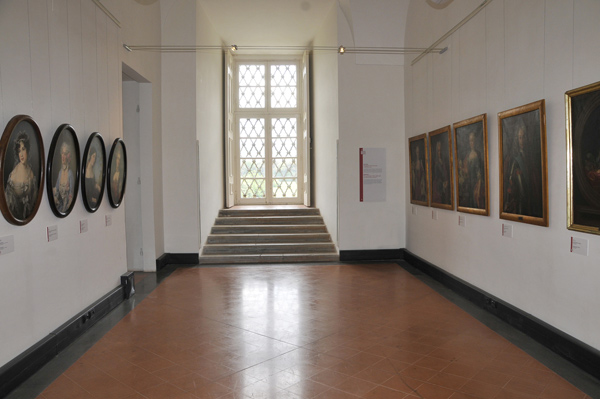
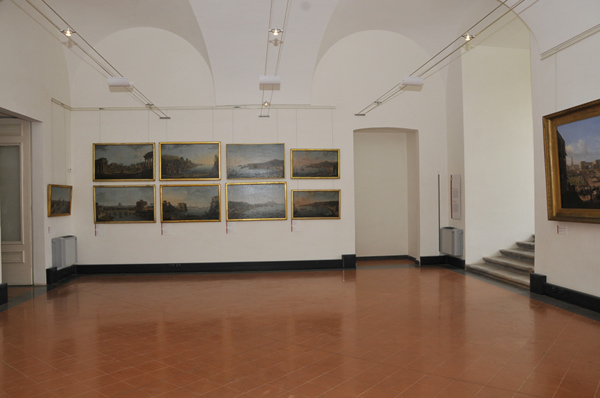
Caserta Palazzo Reale, Quadreria, Soggetti orientali, sala I
Caserta Palazzo Reale, Quadreria, Episodi di storia della letteratura e dell'arte, sala II
Caserta Palazzo Reale, Quadreria, Ritrattistica del Settecento e dell'Ottocento, sala VII
Caserta Palazzo Reale, Quadreria, Ritrattistica del Settecento e dell'Ottocento, sala VIII
Caserta Palazzo Reale, Quadreria, Vedute del Settecento e dell'Ottocento, sala IX
IMMAGINE 1 DI 5
>
<
The Quadreria picture gallery is located on the ground floor of the second courtyard of the palace, in a restored section, and was inaugurated in 2011. The nine exhibition rooms hold paintings commissioned by the sovereigns or originating in the area, selected and grouped according to subject:
Room I – Oriental subjects by the painter Michele Scaroina
Rooms II and III – Episodes from the history of literature and art. This section includes a selection of works by the greatest Neapolitan painters of the nineteenth century.
Room IV – Still life.
Room V - Landscapes and battles. This room holds a series of three large canvases by an unknown landscape artist from the second half of the seventeenth century as well as a series of battles by the school of Salvatore Rosa.
Room VI - The Saints: passion and martyrdom. This houses works with religious subjects that are the fruit of royal commissions or religious orders of the Kingdom.
Rooms VII and VIII - Portraiture of the eighteenth and nineteenth centuries. This section holds portraits of the Bourbon court and the European courts linked to it through matrimonial ties.
Room IX – Landscapes from the eighteenth and nineteenth centuries. This rooms holds the views of San Leucio and Vaccheria by the painter Antonio Veronese (second half of the eighteenth century), a canvas depicting the inauguration of the Naples-Castellammare railway, the work of Salvatore Fergola (1799-1874) and a work by the painter Alessandro D'Anna (1746-1810), depicting the preparations for a meal laid during a hunt against the backdrop of the Massiccio del Matese mountains. On the final wall are a series of views of Naples and Rome, many of which are attributed to Antonio Joli (1700-1777).
Room I – Oriental subjects by the painter Michele Scaroina
Rooms II and III – Episodes from the history of literature and art. This section includes a selection of works by the greatest Neapolitan painters of the nineteenth century.
Room IV – Still life.
Room V - Landscapes and battles. This room holds a series of three large canvases by an unknown landscape artist from the second half of the seventeenth century as well as a series of battles by the school of Salvatore Rosa.
Room VI - The Saints: passion and martyrdom. This houses works with religious subjects that are the fruit of royal commissions or religious orders of the Kingdom.
Rooms VII and VIII - Portraiture of the eighteenth and nineteenth centuries. This section holds portraits of the Bourbon court and the European courts linked to it through matrimonial ties.
Room IX – Landscapes from the eighteenth and nineteenth centuries. This rooms holds the views of San Leucio and Vaccheria by the painter Antonio Veronese (second half of the eighteenth century), a canvas depicting the inauguration of the Naples-Castellammare railway, the work of Salvatore Fergola (1799-1874) and a work by the painter Alessandro D'Anna (1746-1810), depicting the preparations for a meal laid during a hunt against the backdrop of the Massiccio del Matese mountains. On the final wall are a series of views of Naples and Rome, many of which are attributed to Antonio Joli (1700-1777).



